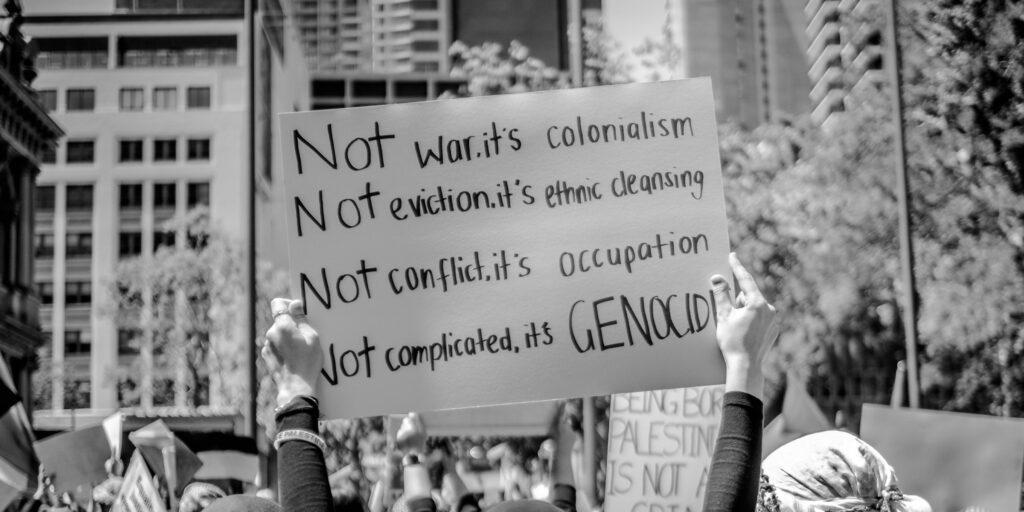Australia is legislating a national digital identity system. Officially, its aim is to provide accreditation and policy protection for users and providers of digital identity systems throughout the country.
At a functional level, as with all digital identity systems, it ‘enables’ access to online government and other services by administering digital proof of who you are or what you do – essentially any claim you might make about yourself.
The government sees the legislation as the first step towards expanding this access system to the whole of the economy. At a national level, this may thus eventually include education, health, production, trade, travel, communication and the consumption of goods- anything linked to the digital economy.
Taken together, the frameworks, guidelines and recommendations of the AGDIS legislation, and of its fellow Identity Services Act, are dizzying if not overwhelming in detail. What is more, key features of the digital identity system in Australia, such a centralised biometric database, self-sovereign identity and the new ‘digital public infrastructure,’ are still under development.
What really stands out in this legislation is not the avalanche of innovation and constantly shifting guidelines but the return to an ancient principle: compliance in exchange for access to basic necessities (or more crudely, ‘do what you’re told or else’).
No amount of opt-ins and -outs, policy protections and Oversight Commissioners can change this. Irrespective of the form it takes, the system asks us to accept a new social hierarchy based on gaining and granting access.
It’s surely a high price to pay for safety and convenience. Rather than an economy-wide application, legislation should be focused on containing and limiting digital identity to the bare minimum.
“Come now, surely it isn’t as bad as that?” respond the decent burghers and bankers supposedly looking after our best interests. “Hysterical piffle” laugh the smooth-faced systems administrators and experts giving their all to the Great Interoperability.
“We’re already there, mate- don’t bother” shrug the majority of people as they swap a selfie for a hire car and pretend the future is happening to someone else. It’ll all take care of itself.
“Think of the less fortunate than you” sneers an NGO sponsored by a global accounting firm. “Fight Global Communism” yells a downwardly mobile thirty something with an eye on diminishing career opportunities, as if leaving the field open to ConnectID and the already rampant private sector is somehow going to lead to general freedom.
What is to be done?
Whingeing about it isn’t a bad start. The Council for Civil Liberties has recommended talking about it with friends or exercising consumer pressure. Freedom activists have launched campaigns to head for the hills and use cash only.
But it all feels a little like Canute holding back the waves, except the damn stuff is no longer just lapping at our feet.
There are several online petitions to sign and MPs to be pressured, Katy Gallagher, Clare O’Neill or Ed Husic, for example. But does anyone seriously think that politicans will change their mind because we ask nicely or feel a bit worried? Right across the political spectrum, there are general concerns about privacy or government overreach but it stops there: we are heading into some weird new territory that has no signposts.
Of course ‘weird’ should be read as deeply unpleasant and ‘new’ is code for ‘something we havent seen for a long time’. Looming into view is a country where the cost of living crisis is permanent and access to what you need is based upon imponderables such as weather, global conflict or whatever our economic masters damn well please.
A good thing there is equity (not equality) and sustainability to make it all tolerable.
We need real and effective political representation- new organisations that have opened their eyes to the new but old landscape taking shape around us. We need to start trying to find common cause with people we can’t stand – woke and cooker alike – and with those just getting along.
If nothing else, the prospect of our identity becoming a bargaining chip should be waking Australians out of their induced slumber. Infrastructure is rapidly being put in place at all levels of government but there is still time for us to redirect it.
Make no mistake– the soul suckers are here and they are playing for keeps.


